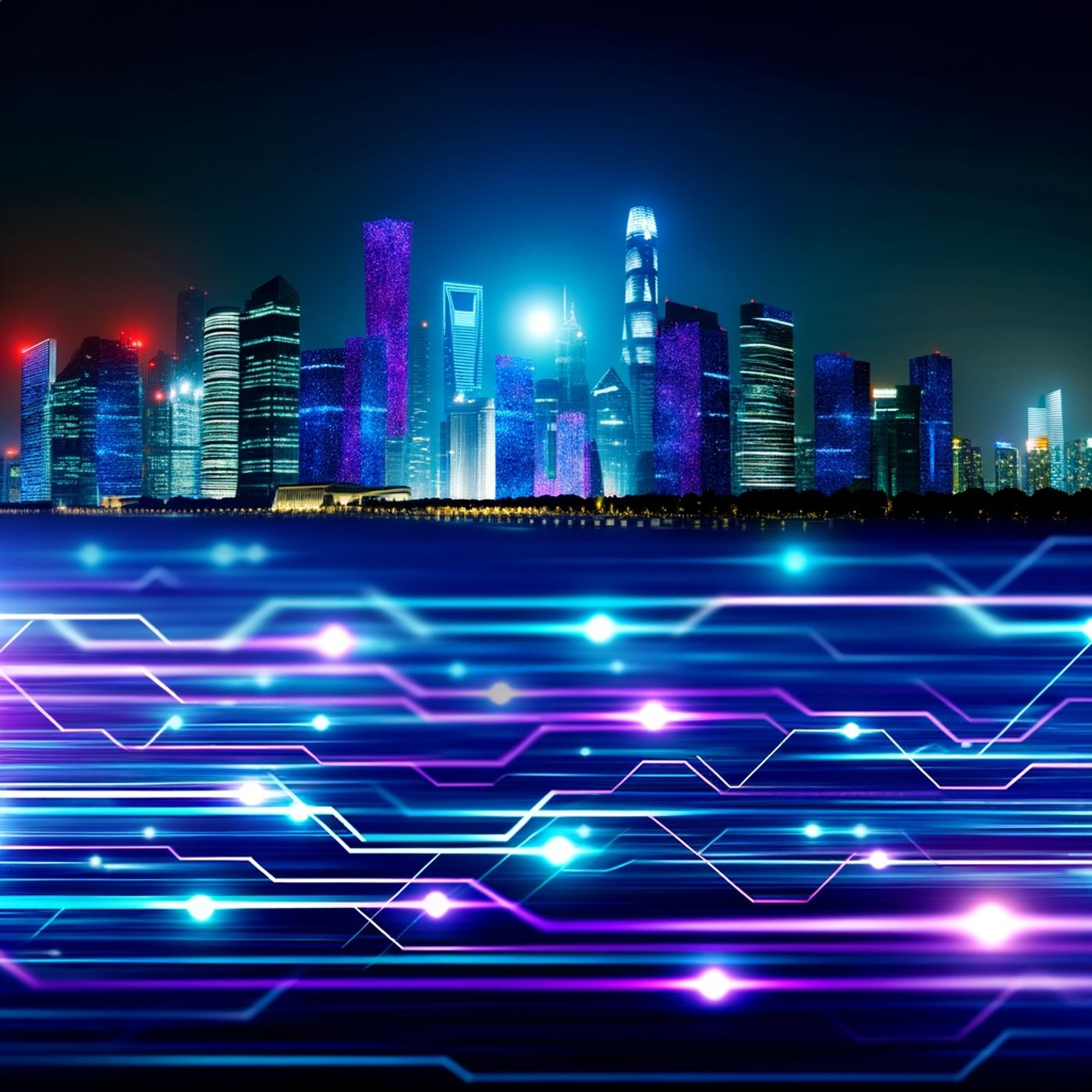Listen "Tech Revolution 2025: AI, Quantum Computing, and Immersive Technologies Reshape Our Digital Future"
Episode Synopsis
Future Forward: Tech Trends Now spotlights 2025 as a transformational year for technology, with artificial intelligence increasingly embedded into daily life to the point that it’s becoming as foundational as electricity or the internet. Rather than thinking of AI as a standalone tool, listeners are now experiencing its “magic” as a seamless enhancement to work, living, and even play, driven by rapidly advancing algorithms and new models that specialize in discrete and complex tasks. AI’s pervasive presence is shifting businesses from mere digital transformation to a deeper AI transformation, as organizations modernize systems to operate smarter, faster, and more securely[1][2][4].Real-time simulations are just the beginning for spatial computing. These immersive experiences are set to impact everything from healthcare, where they aid in diagnostics and surgery, to entertainment and e-commerce, where users expect highly interactive and visual experiences. However, the expanded use of head-mounted displays still faces barriers such as cost, usability, and privacy concerns[2][5].Quantum computing is another headline trend, drawing attention for its game-changing potential in accessing and processing massive volumes of data, albeit accompanied by urgent calls to update cybersecurity practices. Quantum’s threat to current encryption standards is pushing enterprises to rethink how they protect sensitive information before these powerful machines become mainstream[1][4].Meanwhile, connectivity is accelerating with 5G and emerging 6G networks, enabling real-time digital interactions that fuel the development of augmented reality (AR) and virtual reality (VR) solutions. Enhanced VR devices are lighter and more accessible, supporting everything from gaming to workplace training, while AR is being widely adopted in retail, real estate, and education to overlay information onto the real world, blurring the lines between digital and physical environments[5].Polyfunctional robots capable of multitasking and neurological enhancement technologies that decode brain activity for cognitive improvements are also advancing, promising new efficiencies and safety in workplaces but sparking debates about ethics, privacy, and the future relationship between humans and machines[2].Ultimately, as listeners stand at the intersection of AI, quantum power, immersive interfaces, and biological-technological convergence, 2025 is proving that the future forward is now—and it’s more interactive, immersive, and intelligent than ever before[1][2][5].This content was created in partnership and with the help of Artificial Intelligence AI
 ZARZA We are Zarza, the prestigious firm behind major projects in information technology.
ZARZA We are Zarza, the prestigious firm behind major projects in information technology.
